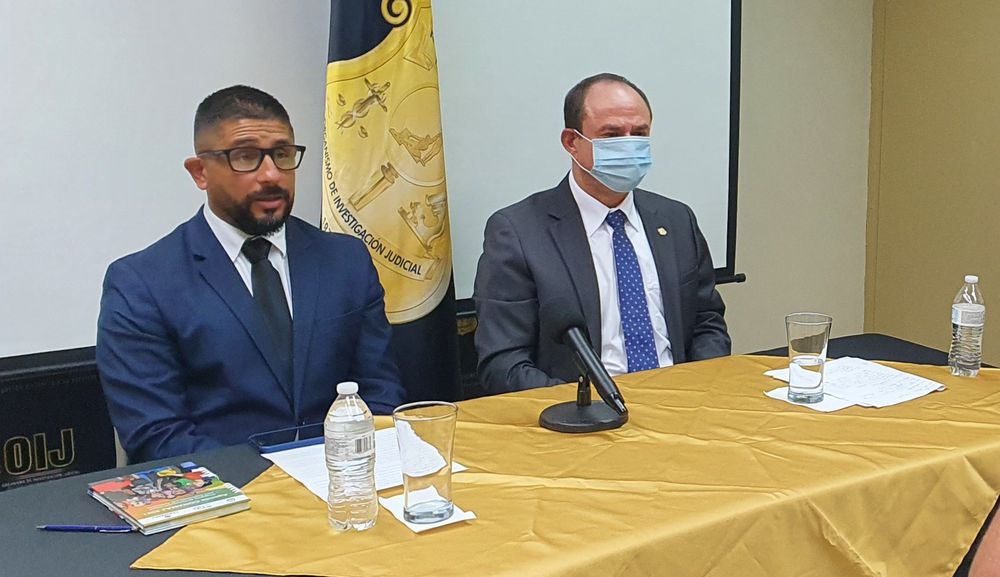Costa Rica protests Panama trade blockade to World body

A growing trade dispute between Costa Rica and Panama has landed on the world stage as Costa Rica notified th Agriculture Committee of the World Trade Organization (WTO) that Panama has blocked the entry of Costa Rican products of animal origin to the Panamanian market for over three months
In a statement, issued on Thursday, August 6, the Minister of Agriculture and Livestock, Renato Alvarado Rivera, and the Minister of Foreign Trade, Dyalá Jiménez Figueres, said that the blockade constitutes “a serious commercial problem between both countries.”
The reaction of Costa Rica came after Panama decided to disable 26 Costa Rican plants that process meat and dairy products, because the authorities of the neighboring country did not deliver the required documentation on time to continue with the renewal of sanitary permits, according to the Panamanian Food Safety Authority (Aupsa).
The Costa Rican Minister of Foreign Trade explained, in the statement, that intense efforts have been made between the competent authorities of both countries, both at the technical and political levels, in addition to coordinating with the export sector.
”Panama has been required to comply with the provisions of Article 13 of the Central American Regulation on Sanitary and Phytosanitary Measures and Procedures, which establishes the obligation to allow trade when the renewal of the establishment’s authorization has been required 90 days before its expiration. “Jiménez Figueres indicated.
He added that the rapprochements with the Panamanian authorities continue, “because we must make all the necessary efforts to reestablish trade with our important neighbor and commercial partner.”
For his part, the Minister of Agriculture Alvarado Rivera stressed that the argument of the closure due to the expiration of permits is not valid, and does not represent any technical basis, since Costa Rica has not changed its sanitary conditions or has presented safety deviations in their products.
“Since the measure was known, coordination began with the National Animal Health Service (Senasa) to request the Panamanian authorities to extend the authorization period, in accordance with Central American regulations. Senasa has made in time and form the requests for the renewal of the authorization of the Costa Rican establishments before the Panamanian authorities and has offered solutions and even offered cooperation and technical support to Panamanian establishments so that they can reach the sanitary standards equivalent to those of Costa Rica ” , said Minister Alvarado Rivera, who added that Costa Rica maintains a high level of animal health and safety that guarantees health to national consumers as well as to the demanding markets to which it exports.
Additionally, Alvarado indicated that this new problem adds to the blockade that was already being experienced with other agricultural products, such as tomatoes and bananas, which have been unable to export to the Panamanian market for months.
Panama informed the National Animal Health Service of the Ministry of Agriculture and Livestock on July 10 of the decision not to extend the authorization for export to a list of previously authorized Costa Rican establishments that have been exporting to Panama for many years.
The new measures in Panama currently affect 19 livestock establishments, according to Senasa data, including dairy establishments and dairy by-products, fish feed, beef, pork, processed poultry, sausages.





